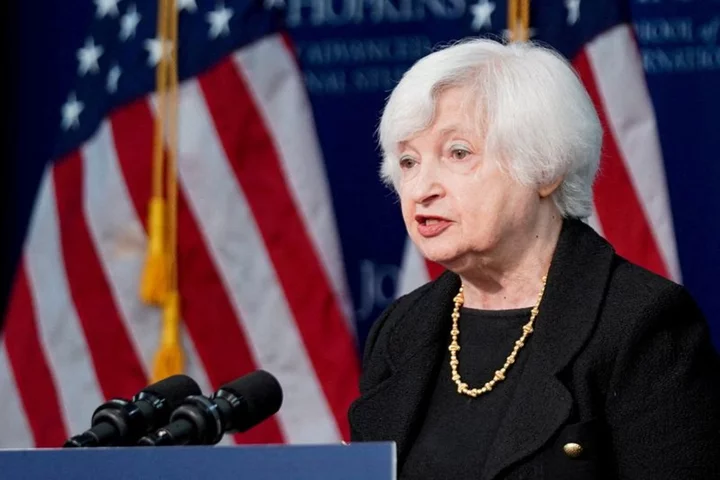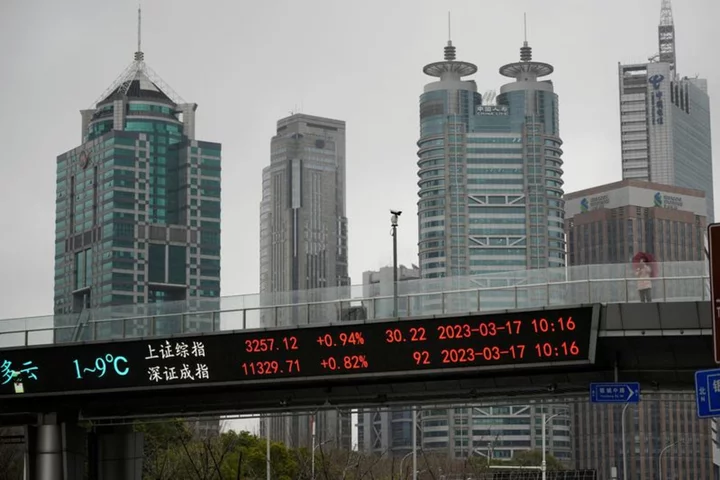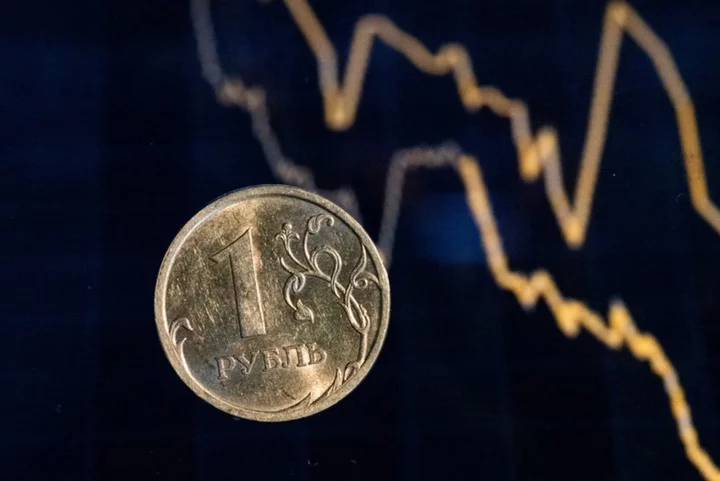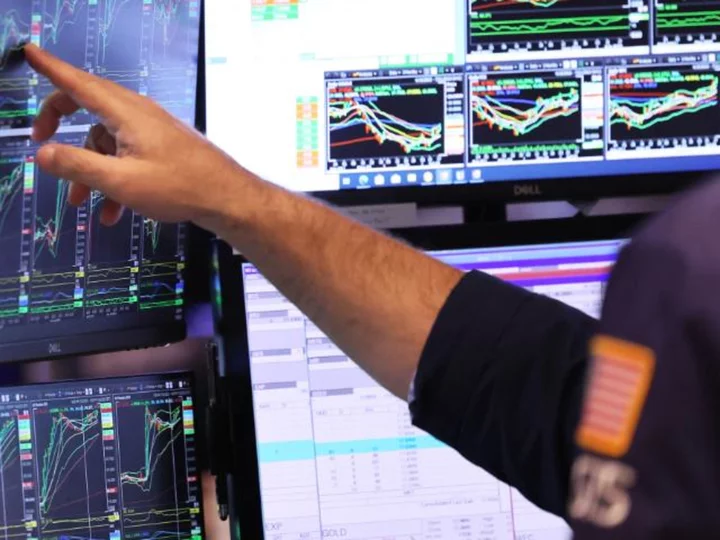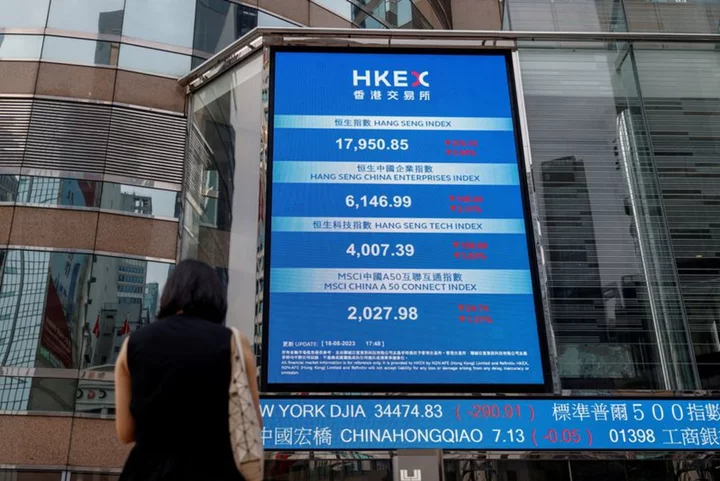By Jamie McGeever
A look at the day ahead in Asian markets from Jamie McGeever, financial markets columnist.
U.S. Treasury Secretary Janet Yellen touches down in Beijing on Thursday for a three-day visit just as trade tensions between the world's two superpowers ratchet up another notch, while a Malaysian interest rate decision tops the region's economic calendar.
Australian trade data and Taiwanese inflation figures are on tap too, and equity investors will digest a mixed earnings report from Taiwan's Foxconn, a major iPhone assembler for Apple Inc.
Asian stocks go into Thursday's session on the defensive, underperforming on Wednesday after figures showed that China's service sector activity expanded at the slowest pace in five months in June.
Foxconn's results may help lift the gloom, after the firm on Wednesday forecast a brighter third quarter ahead of peak shopping season at the end of the year. But that is only relative to a near 14% drop in Q2 revenue year-on-year.
China remains front and center for investors. U.S.-China trade tensions appear to be intensifying by the day - the latest flare up coming over Beijing's restrictions on exports of some metals - not the best backdrop for Yellen's visit on Thursday.
U.S. officials says they expect "candid" discussions, and Washington has said it "firmly" opposes the new export controls on gallium and germanium, which go into producing semiconductors and other electronics.
However well - or otherwise - Yellen's visit goes, there will be no quick fix. Former Vice Commerce Minister Wei Jianguo said the controls are "just a start".
In Malaysia, meanwhile, the central bank on Thursday is expected to leave key rates unchanged at 3.00% and keep them there for the rest of the year, putting it in line with regional peers in India, South Korea, Indonesia and New Zealand who have already ended their tightening cycles.
Headline inflation eased to a one-year low of 2.8% in May, but core inflation moderated only a bit to 3.5%, suggesting Bank Negara Malaysia (BNM) will hold its key rate higher for longer.
The central bank delivered a surprise hike in May. Last week, it said it would intervene in the foreign exchange market to stabilize the ringgit to counter what it said were "excessive" recent losses.
The ringgit was one of Asia's worst-performing currencies in the first half of the year, losing almost 6% of its value against the dollar.
Here are key developments that could provide more direction to markets on Thursday:
- U.S. Treasury Secretary Janet Yellen visits China
- Australia trade (May)
- Taiwan inflation (June)
(By Jamie McGeever; Editing by Lisa Shumaker)

